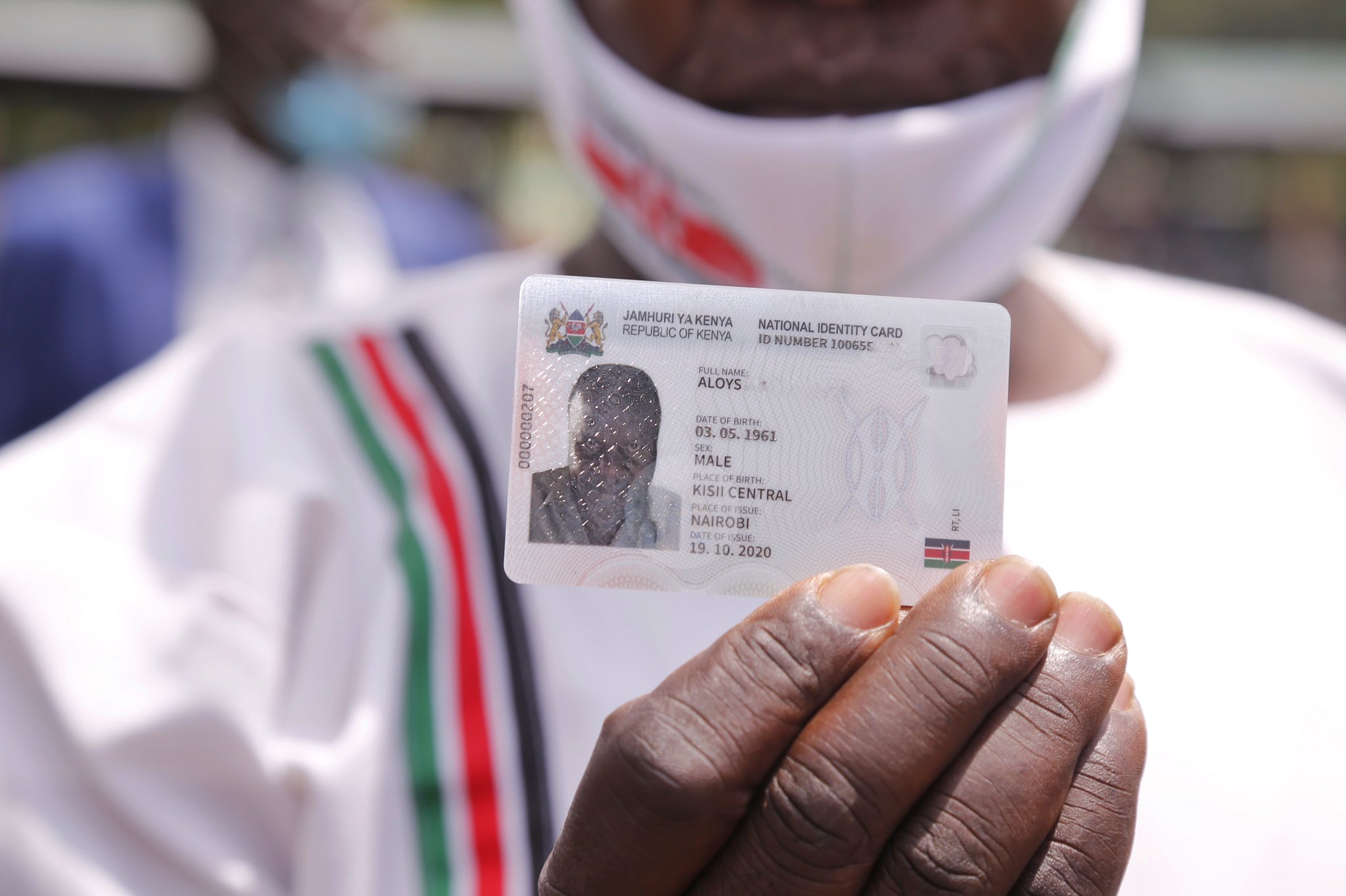Sci & Tech
Kenyans Will Soon Have To Register With Their IDs To Use Social Media or Be Locked Out
If successfully implemented, Kenya would become the first country in the world to fully enforce age verification for social media access.

Kenya will soon require all social media users to verify their age using national identification documents before accessing popular platforms, officials confirmed yesterday.
The Communications Authority of Kenya (CA) has issued new guidelines for child online protection that will take effect in six months, mandating “age verification mechanisms” for all Information and Communication Technology (ICT) product and service providers operating in the country.
“Initially, service providers may accept user-entered ages, but ultimately everyone will be required to verify their identity through government-issued ID,” said a CA official.
The directive aims to minimize “exposure of children to online risks and vulnerabilities” by ensuring that minors aren’t accessing content intended for adults.
The measure comes amid growing global concern about children’s safety online and follows months after Kenya’s Interior ministry ordered social media companies to establish physical offices in the country.
Currently, users can access platforms like Facebook, TikTok, Instagram, and WhatsApp without proving their age, often bypassing minimum requirements by simply entering false birth dates.
The new regulations would change that landscape entirely.
If successfully implemented, Kenya would become the first country in the world to fully enforce age verification for social media access.
While other nations have debated similar measures, none have successfully deployed such mechanisms nationwide.
In Australia, efforts to ban users under 16 from social media have faced significant challenges, with government advisors warning that age verification technology remains difficult to enforce effectively.
The move raises questions about data privacy and potential exclusion.
While ID verification is already standard practice for financial technology applications in Kenya, extending this requirement to social media platforms introduces new risks of data breaches and could potentially exclude undocumented individuals.
Alternative verification methods mentioned in the guidelines include AI-based facial analysis and third-party verification, though these approaches have limited accuracy compared to ID verification.
Beyond age verification, the new guidelines will require ICT industry players to develop and publish child protection policies and implement measures to combat child sexual abuse material.
Kenya currently ranks poorly on global benchmarks for child online protection, according to the DQ Institute, performing below average in regulation, infrastructure, and ensuring safe technology use by children.
The CA stated that the guidelines were developed through public consultation and form part of its constitutional mandate to ensure safer internet experiences for all ICT consumers, including children.
As the six-month implementation window approaches, both industry stakeholders and users are watching closely to see how this unprecedented regulatory move will transform Kenya’s digital landscape.
Kenya Insights allows guest blogging, if you want to be published on Kenya’s most authoritative and accurate blog, have an expose, news TIPS, story angles, human interest stories, drop us an email on [email protected] or via Telegram
-

 Business1 week ago
Business1 week agobetPawa Empire Crumbles: Mr Eazi’s Betting Gambit Unravels Amid Partner’s Shadowy Deals
-

 News5 days ago
News5 days agoDCI Probes Meridian Equator Hospital After Botched Procedure That Killed a Lawyer
-

 Business4 days ago
Business4 days agoMinnesota Fraud, Rice Saga, Medical Equipment Deal: Why BBS Mall Owner Abdiweli Hassan is Becoming The Face of Controversial Somali Businessman in Nairobi
-

 Business1 week ago
Business1 week agoKRA Boss Humphrey Watanga In Big Trouble In Sh5.5 Billion Rice Import Scandal
-

 Investigations2 weeks ago
Investigations2 weeks agoKERRA Homa Bay Region Manager Calvince Thomas Accused of Swindling Businessman Ksh 2 Million in Phantom Tender Deal
-

 Business1 week ago
Business1 week agoState Set to Demolish Pastor Ng’ang’a’s Church in Sh28 Billion Railway City Push
-

 Business2 weeks ago
Business2 weeks agoTreasury’s Sh40 Billion Safaricom Gamble Could Cost Kenya Trillions, Auditor Warns
-

 Business6 days ago
Business6 days agoControversial Turkish Firm Celebi Canceled in India Over Security Concerns Acquires Strategic Property in Nairobi’s Main Airport





















